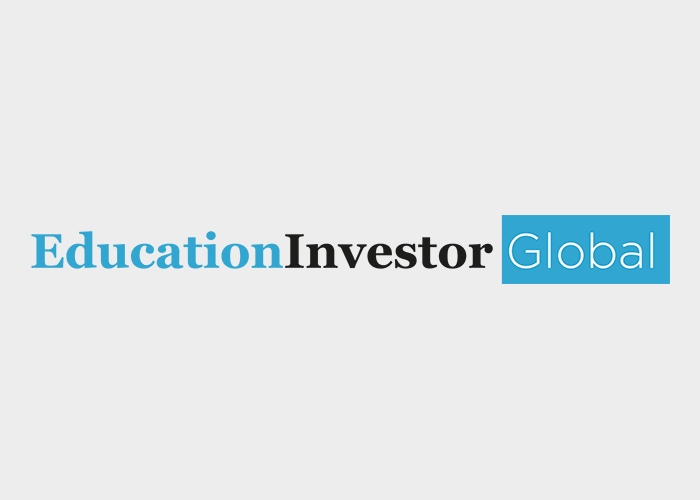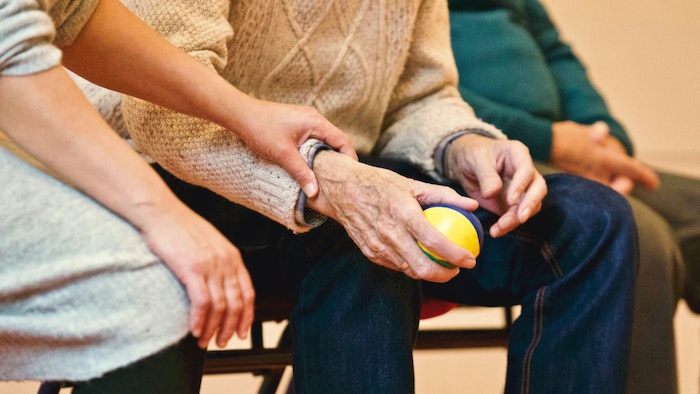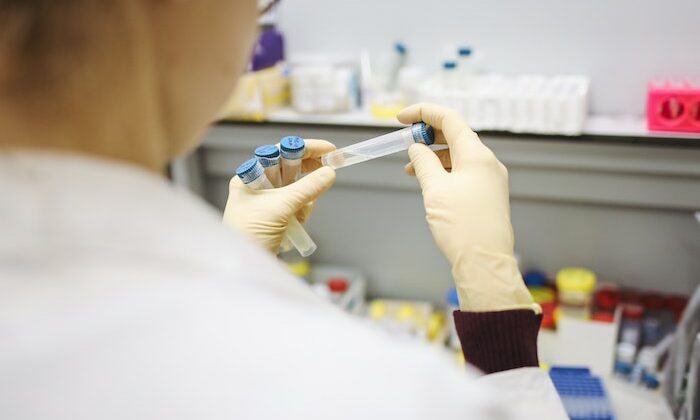The investment arm of Canadian pension fund OMERS and French infrastructure fund Antin are among a handful of suitors vying for ownership of Babilou, France’s largest daycare operator, EducationInvestor Global can exclusively reveal.
Three sources familiar with the auction of Babilou, which could fetch several billion euros, told this publication that OMERS Private Equity, the investment division of Ontario’s government pension fund, and Antin Infrastructure Partners, a private equity firm that invests in infrastructure companies, are closing in on the nursery operator.
Two sources said that Partners Group is also still “in” the process – meaning Babilou’s shareholders may be considering a bid from the $91 billion Swiss private equity behemoth.
One source said that Blackstone, the world’s largest buyout house, had also shown interest in acquiring Babilou – though this information could not be corroborated.
JP Morgan, the investment bank spearheading the sale of Babilou, has in recent months fielded interest from other investors including US-listed nursery operator Bright Horizons and GIC, a Singaporean sovereign wealth fund, sources said. However, both parties are no longer pursuing an acquisition, it is understood.
While the values of bids tabled by OMERS, Antin and Partners Group are unclear, this publication reported in January that auctioneers were targeting a price equivalent to around 20-times Babilou’s forecasted earnings for this year of €100 million – or roughly €2 billion.
But a source told this publication in January that this figure was “extremely high”, and suggested that a double-digit price-to-earnings multiple between 14 and 18 was “more realistic”.
One source said this week that the “price was closer to €1.5 billion”.
In any event, a successful sale should net more than €1 billion for Babilou’s shareholders.
No final accord on a deal has been reached and talks over the acquisition may yet fall apart. It is unclear when – if at all – a sale of Babilou will be finalised.
Babilou’s 2020 revenues, which factor in its recent acquisitions, were forecasted to reach around €600 million. However, revenue and earnings forecasts do not account for any potential losses caused by the outbreak of covid-19, the new deadly coronavirus that has spread across the world and prompted mass nationwide self-isolation measures and cross-continental travel bans. At the time of publication, all nurseries, schools and universities in France were closed by order of government in a bid to stem the spread of the virus.
One source suggested that JP Morgan may “have to put the process on hold soon” should financials need to be re-evaluated in light covid-19-related losses.
OMERS’ pursuit of Babilou underscores the increasing interest among institutional investors – in particular Canada-based pension funds – in education companies.
Earlier this month, Galileo Global Education, Europe’s largest private university platform, was jointly acquired by a Canadian pension fund and the family office of cosmetics giant L'Oréal in a deal valued at around €2.3 billion, as reported exclusively by this publication.
Busy Bees, one of the world’s largest nursery operators, is majority owned by the Ontario Teachers’ Pension Plan, another Canadian pension fund, while Singapore sovereign wealth fund Temasek owns a minority stake.
Babilou operates more than 500 nurseries that collectively cater to more than 20,000 children in countries including France, Germany, Belgium, Dubai, Switzerland, India and, most recently, China.
Babilou is majority-owned by its founders the Carle family, which established the business in Paris in 2003. Minority investors include international buyout house TA Associates; Cobepa, a Belgian private equity firm; the private equity unit of French bank Société Générale; and Raise, a French private equity fund.
Babilou’s ownership structure is relatively complex.
It is understood that the Carle family’s investment vehicle, the Carle Trust, owns a 60% stake in Babilou.
However, the private equity unit of Société Générale and Raise collectively own a 15% stake in the Carle Trust.
As a result, the Carle family’s equity ownership in Babilou is diluted, standing at 51%, while Société Générale and Raise control the remaining 9% slice of the Carle Trust’s overall 60% share.
According to one source, however, the Carle family has “separately negotiated” 59% of internal voting rights, affording the clan greater influence over decision making than its direct stakeholding would suggest. This is common practice in corporate France.
TA Associates acquired a 20% stake in Babilou in April, 2017, for an undisclosed sum.
Cobepa first invested in Babilou in September, 2013, and now owns 20% of the business following a string of reinvestments, according to its website.
One source told this publication in January that the entire shareholding structure could be rebuilt in the wake of a sale, should only a minority stake in the group be sold. However, another source familiar with the Carle family’s thinking said at the time that “we are quite confident that they will look to exit, if the price is right” and, as a result, “it’s very likely this will be a 100% sale”.
Last November, Babilou announced that it was to acquire Grace Preschool Education, a China-based childcare provider that caters to more than 10,000 children through its centres across seven provinces. By 2023, Babilou aims to offer “more than 26,000” places in China, the group said in a press release announcing the transaction.
In March, 2018, Babilou acquired a majority stake in India’s Amelio Early Education, a Chennai-based chain of early education centres, marking the company’s first steps into the South Asian country.
A spokesperson for OMERS declined to comment.
A spokesperson for Partners Group declined to comment.
A spokesperson for JP Morgan declined to comment.
Antin had not responded to a request for comment at the time of publication.





